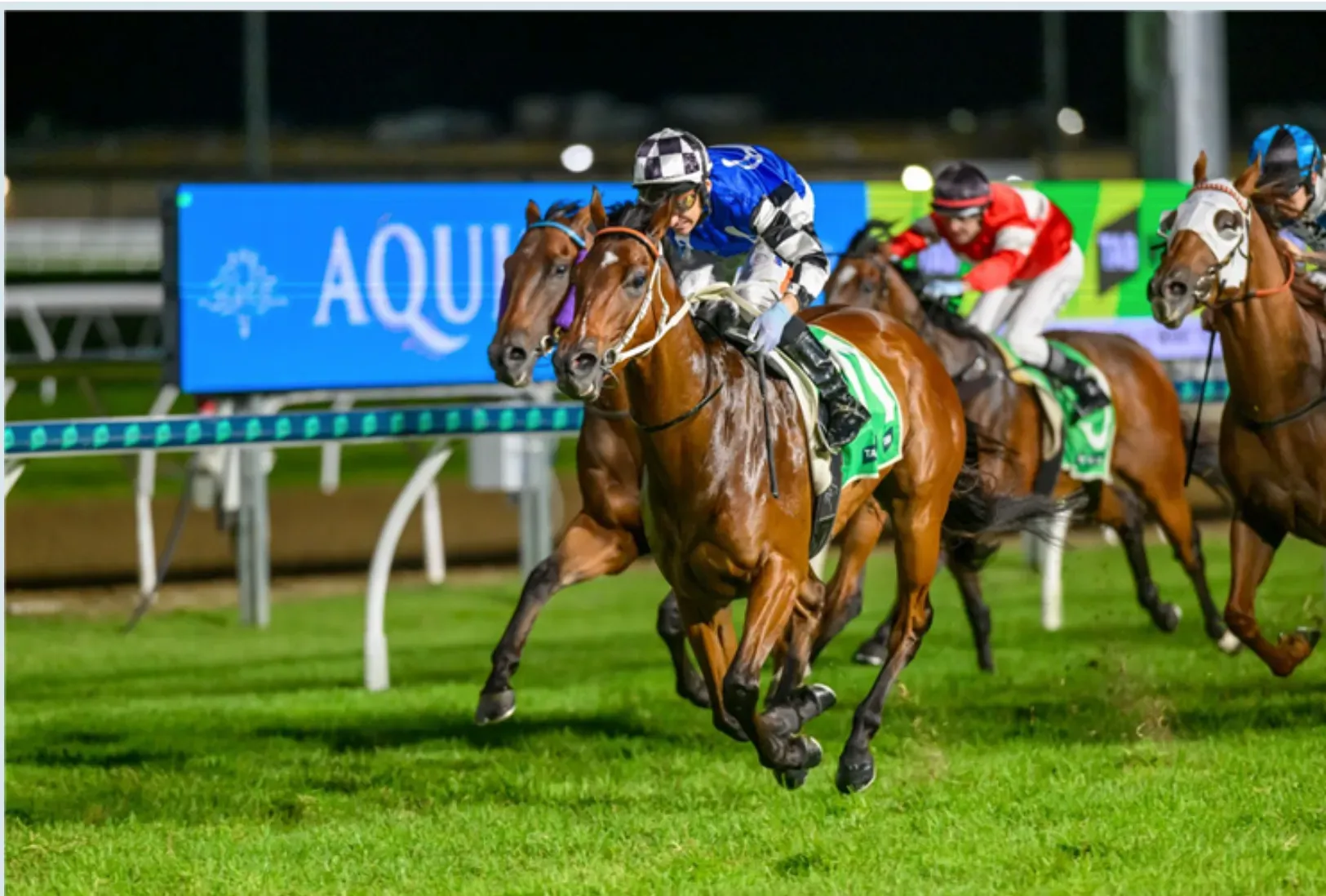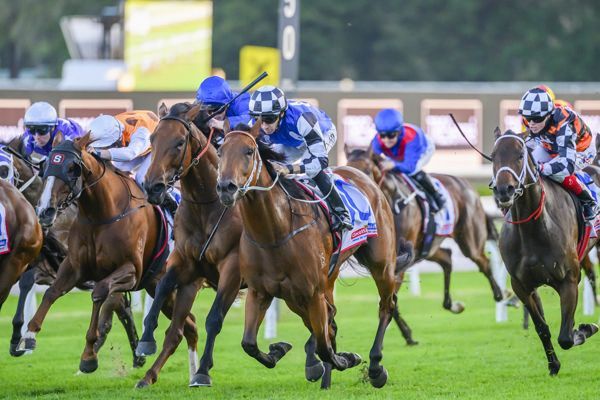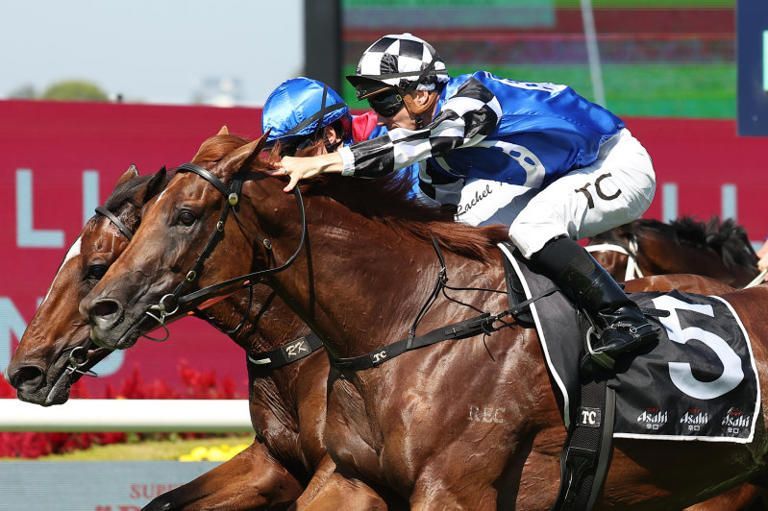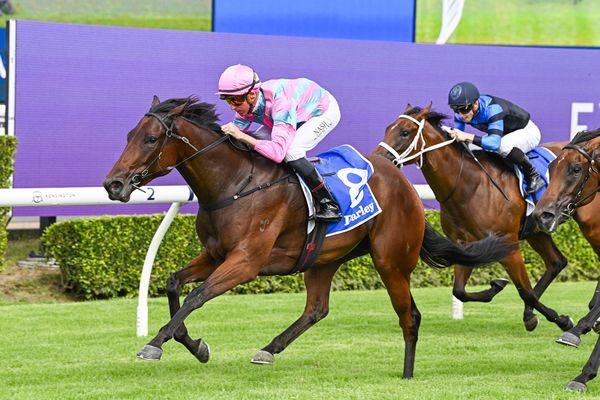WHAT IS COLIC ?
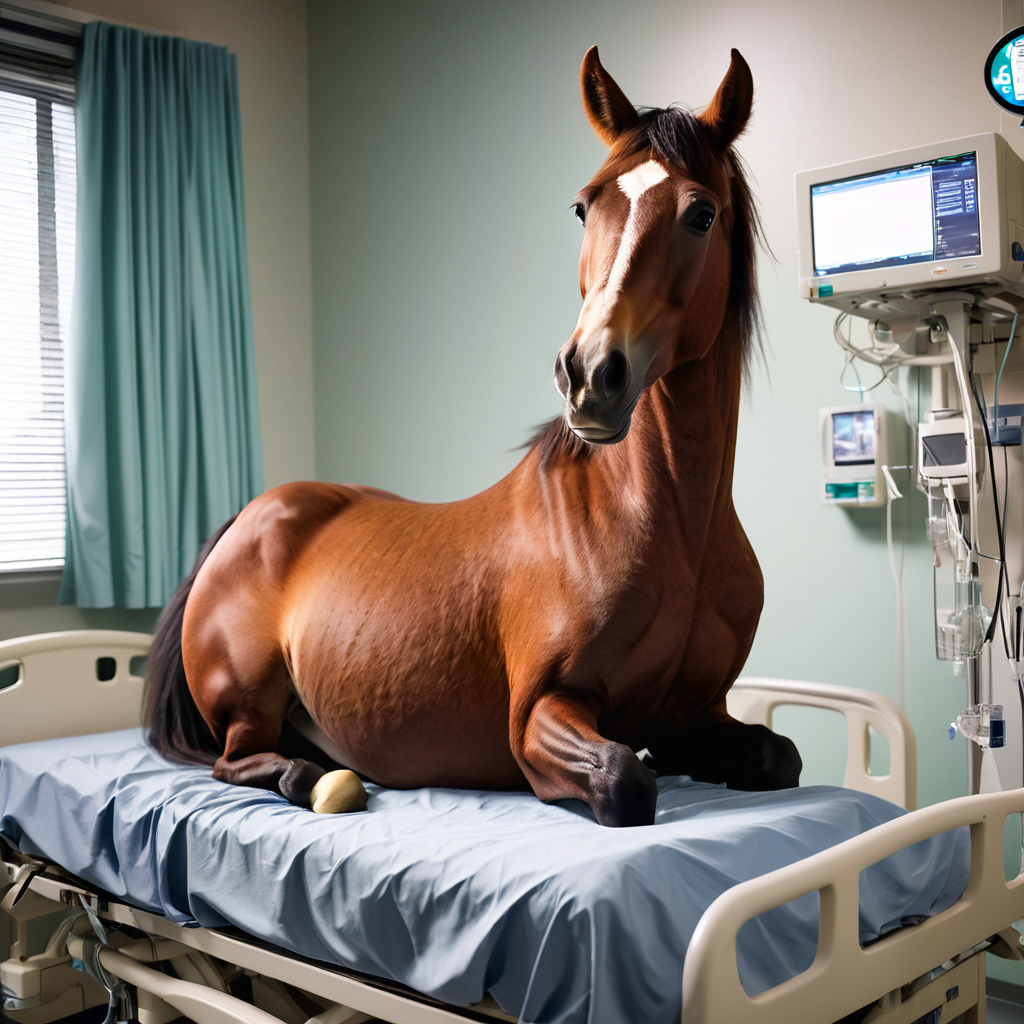
What Is Colic
Colic in thoroughbred horses is a common and often serious condition characterized by abdominal pain.This time of year with a change of season its even more common and as a owner it often can be a scary and unknown period as your baby goes through this often painful process.
How Does It Occur?
This pain can arise from various underlying causes, such as digestive disturbances, gas accumulation, or intestinal blockages. Thoroughbreds, known for their high-strung nature and intensive training regimens have only one stomach unlike cows and sheep but being sensitive animals to start with anything uncertain in a horses stomach needs to be acted upon immediately . Factors like sudden feed changes, high grain diets, and insufficient roughage can disrupt the delicate balance of the equine digestive system, leading to conditions like impaction or gas colic.
Several specific causes contribute to the development of colic in thoroughbreds. Impaction colic occurs when feed material or foreign objects obstruct the intestines, often due to inadequate water intake or insufficient fiber in the diet. Gas colic results from the buildup of gas in the intestines, typically due to the fermentation of poorly digested food. Displacement or torsion colic is a severe form where a part of the intestine twists or moves out of place, cutting off blood supply and causing intense pain. Additionally, parasites, particularly in younger horses, can cause colic by damaging the intestinal walls or causing blockages.
How do you Fix It ?
Prompt and effective treatment is crucial to managing colic in thoroughbreds. The initial step usually involves a thorough examination by a veterinarian to determine the cause and severity of the condition. Mild cases might be treated with medications like analgesics and anti-spasmodics to relieve pain and intestinal spasms. In cases where dehydration or impaction is suspected, administering fluids via a nasogastric tube or intravenous route can help rehydrate and soften the impacted material. For gas colic, walking the horse and administering medications to reduce gas production can be beneficial. However, severe cases, especially those involving displacement or torsion, often require surgical intervention to correct the issue and prevent further complications.
How Do You Prevent It ?
Preventing colic in thoroughbreds involves several management practices aimed at maintaining a healthy digestive system. Ensuring a consistent feeding schedule with a balanced diet high in forage and low in grains helps maintain gut health. Providing ample clean water at all times is crucial to prevent impactions. Regular deworming and dental care are essential to reduce the risk of parasitic infections and ensure proper chewing and digestion of food. Additionally, minimizing stress through stable routines and adequate turnout can help reduce the incidence of colic, contributing to the overall well-being and performance of thoroughbred horses.
Whats The Chances ?
According tot he latest throughbred vetinary journels - up to 10% of horses will get Colic each year with most horses in their lifetime experiencing it at least once. The best and attention care givers are therefore vital in detecting the signs early to preven severity
Contact Us
Latest News
